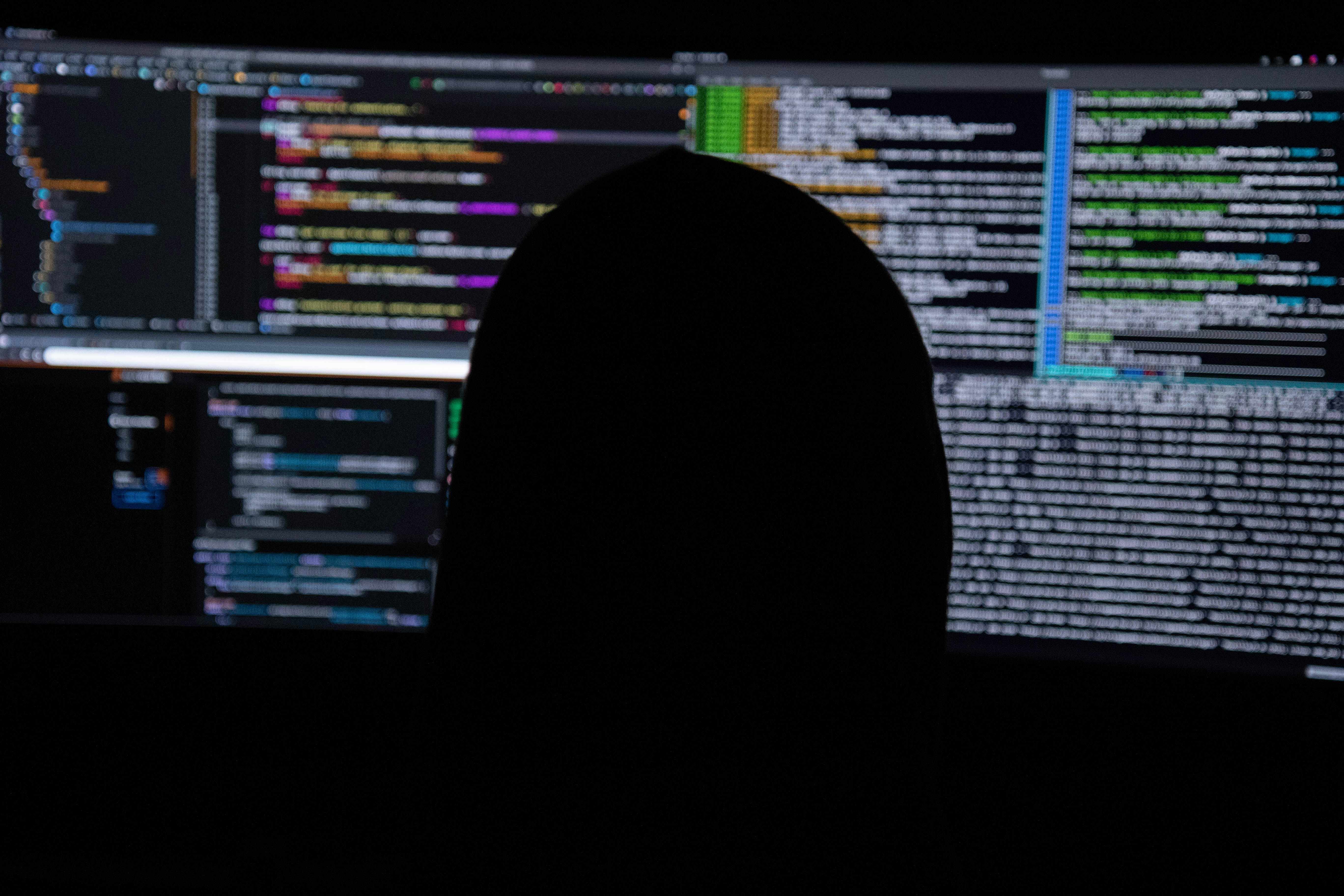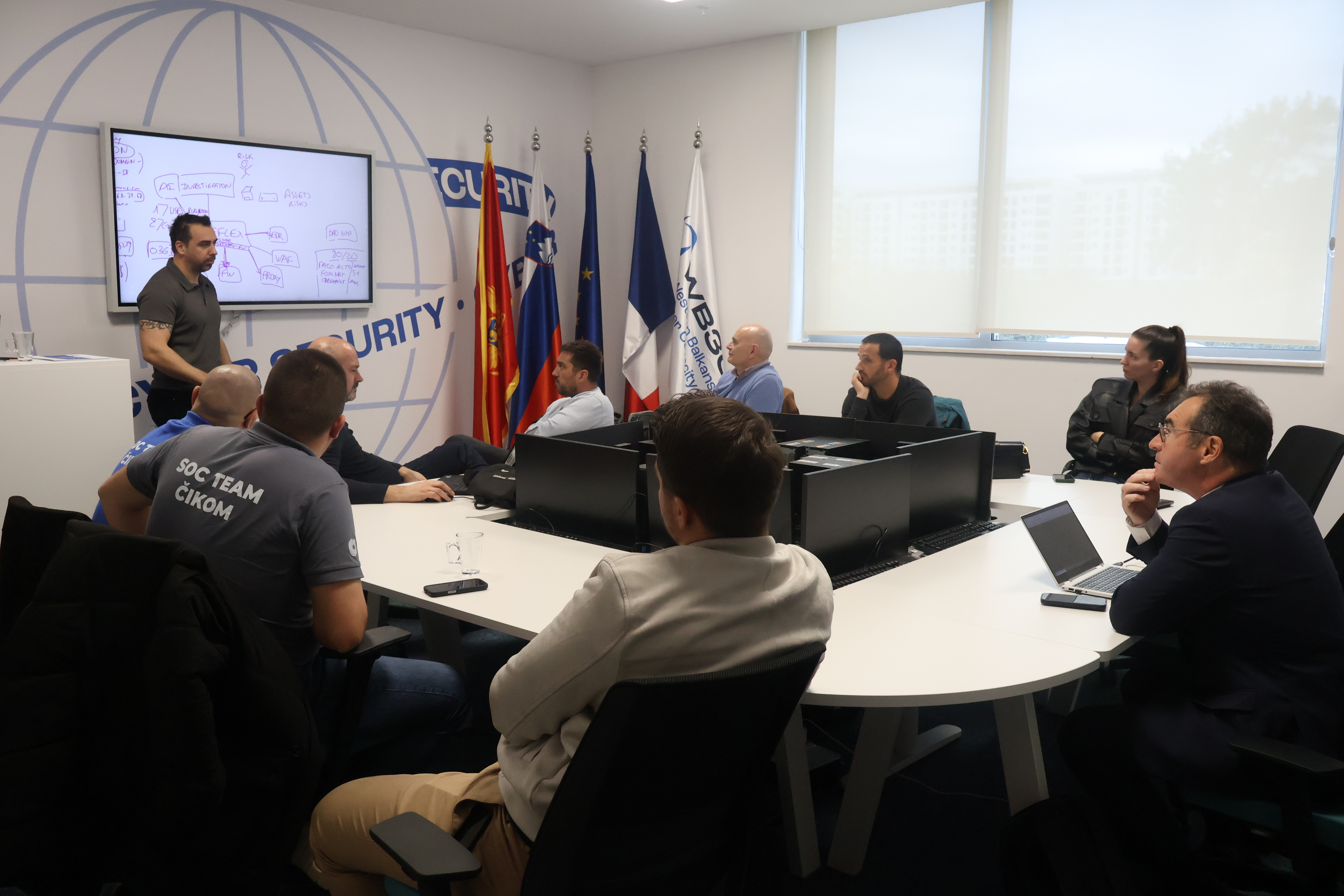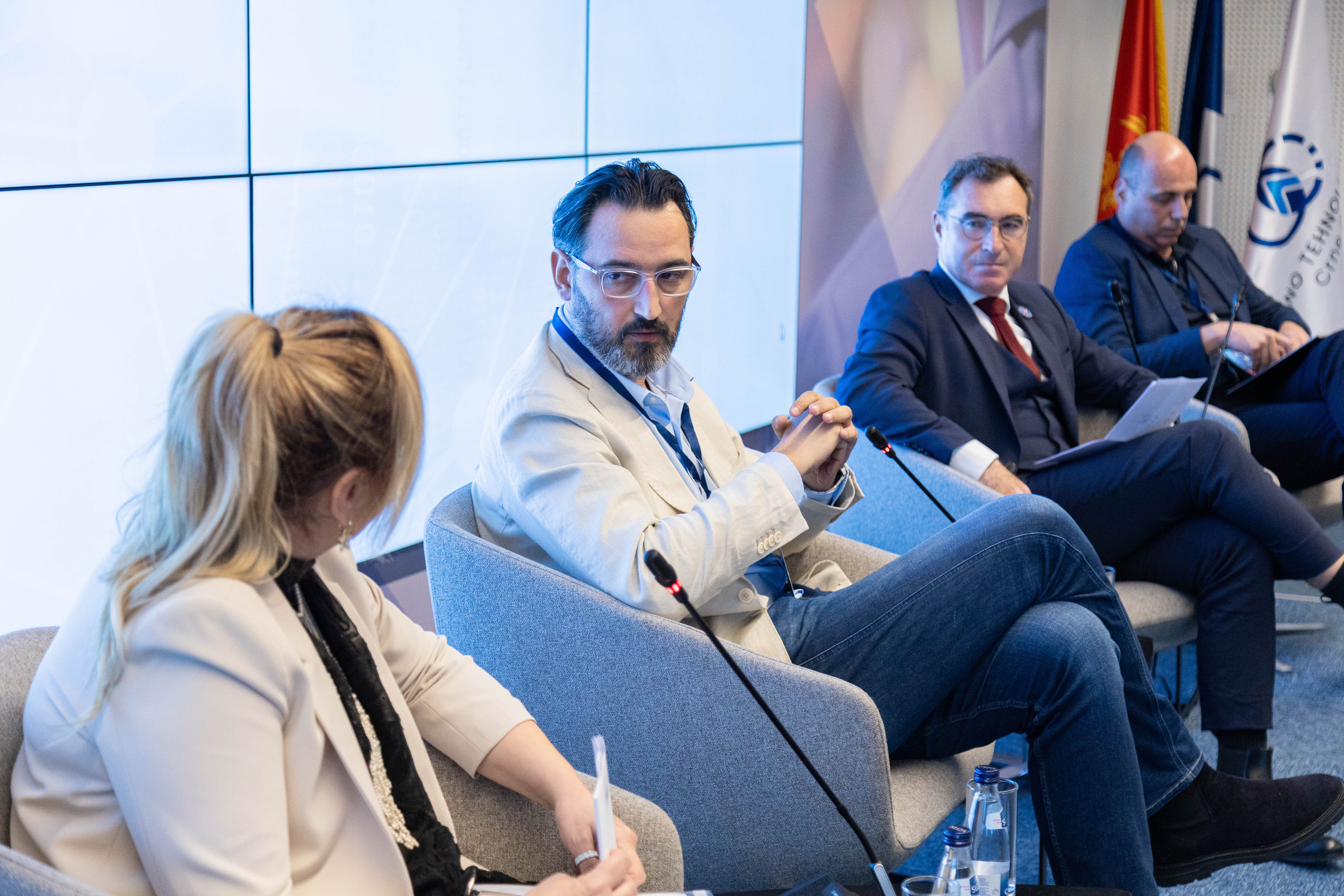Ransomware continues to pose one of the most serious and persistent cyber threats to institutions and businesses across the Western Balkans. In response to this growing challenge, the Western Balkans Cyber Capacity Centre (WB3C) is hosting a two-day conference that brings together national authorities, law enforcement agencies, EU institutions, the private sector and international experts to examine the evolving threat landscape and identify practical paths forward.
The discussions will follow the structure of the latest published agenda (available below), covering operational, legal, technical and strategic dimensions of ransomware response.
A diverse regional and European expert community
The conference brings together a wide range of contributors, reflecting the cross-sectoral nature of ransomware resilience:
- National cybersecurity authorities, CSIRTs and police high-tech crime units from Montenegro, Albania, Bosnia and Herzegovina, Serbia, and North Macedonia
- European and international law enforcement institutions, including Europol and France’s Anti-Cybercrime Office (OFAC)
- Judicial representatives and prosecutors from France, Serbia, Montenegro and EUROJUST
- Private-sector leaders in cybersecurity, including technical experts, CISOs, SOC practitioners and incident-response specialists from across the region and the EU
- Academic and research communities specialising in cybercrime, digital forensics and AI-enabled cyber threats
Key themes across the two-day programme
The agenda examines several critical aspects of the ransomware ecosystem:
- Mapping current ransomware tactics and regional threat activity
- Understanding criminal group structures, operational models and international cooperation needs
- Lessons learned from high-profile investigations and successful dismantling of ransomware groups
- Comparative legal frameworks and the challenges of jurisdiction, prosecution and evidence handling
- Real-world case studies from organisations that have managed and recovered from ransomware attacks
- Technical and legal issues surrounding cryptocurrency tracing and seizure
- The emerging role of AI in enhancing both attacker capabilities and defensive measures
- Operational insights from securing major international events, including Paris 2024
- The complexities of negotiating under pressure during active ransomware incidents
Through panels, keynotes, and practitioner-to-practitioner exchanges, the event aims to deepen understanding of how ransomware is evolving, where regional vulnerabilities lie, and what coordinated action is needed to strengthen resilience.
WB3C is committed to strengthening cybersecurity capacity across the Western Balkans by connecting national stakeholders with European expertise and by translating insights into practical improvements for public authorities, critical service operators and the wider digital ecosystem.
Access the latest agenda below.







